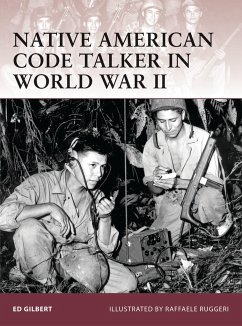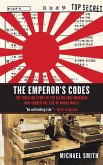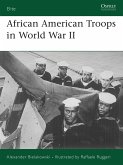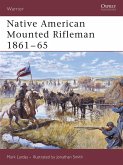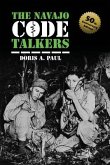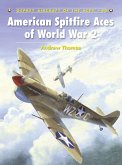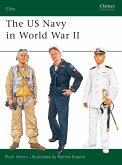'Were it not for the Navajo Code Talkers the Marines would never have taken Iwo Jima and other places' (Anonymous, Marine Corps signal officer). Ed Gilbert uses personal interviews with veterans to tell their fascinating story. Beginning with the first operational use of Native American languages in World War I, he explores how in World War II the US again came to employ this subtle, but powerful 'weapon.' Despite all efforts, the Japanese were never able to decode their messages and the Navajo code talkers contributed significantly to US victories in the Pacific. Approximately 400 Navajos served in this crucial role. Their legend of the 'code talker' has been celebrated by Hollywood in films, such as Windtalkers, and this book reveals the real-life story of their extraordinary involvement in World War II.
Hinweis: Dieser Artikel kann nur an eine deutsche Lieferadresse ausgeliefert werden.
Hinweis: Dieser Artikel kann nur an eine deutsche Lieferadresse ausgeliefert werden.

